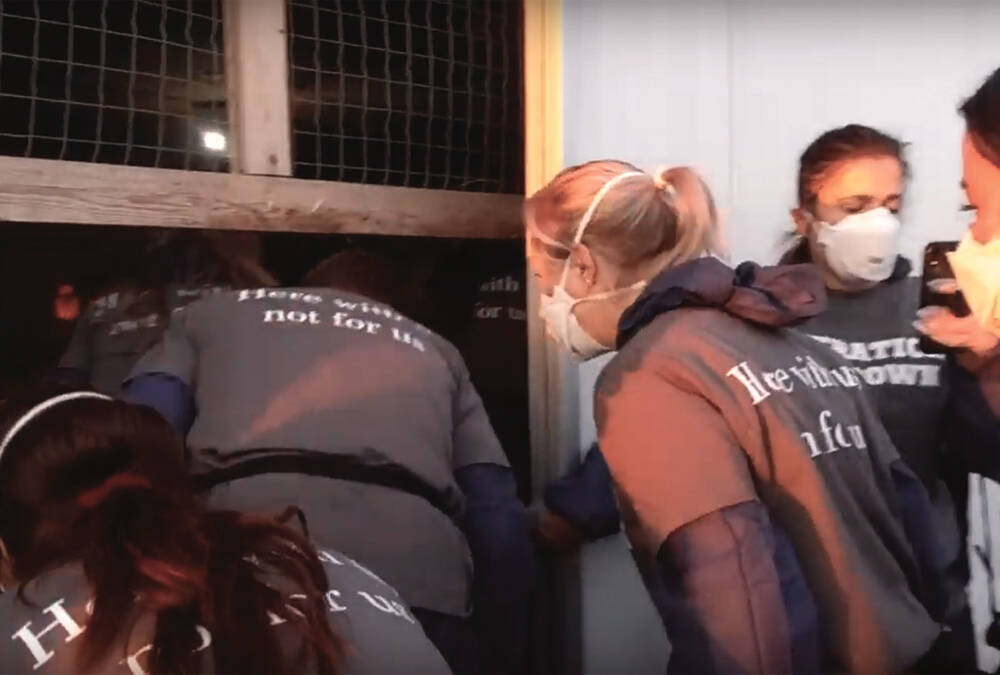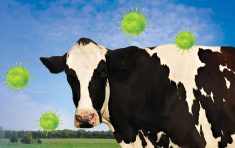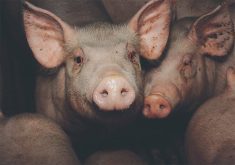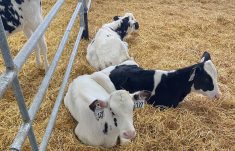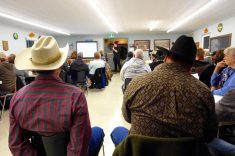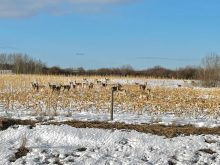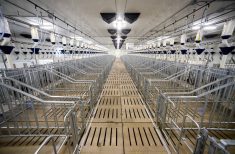Canadian farms are facing increasing legal and financial risks from animal rights activists using tactics that range from undercover surveillance to mass trespassing, a Vancouver-based lawyer said.
Activism targeting agribusiness has intensified significantly in recent years, said Mélanie Power, a partner in the litigation and dispute resolution group at global law firm Dentons.
“There’s been a growing trend in animal rights activism to engage in direct action against agribusiness. Increasingly, animal rights activists are committing illegal acts, including trespass and animal theft,” Power said.
Read Also
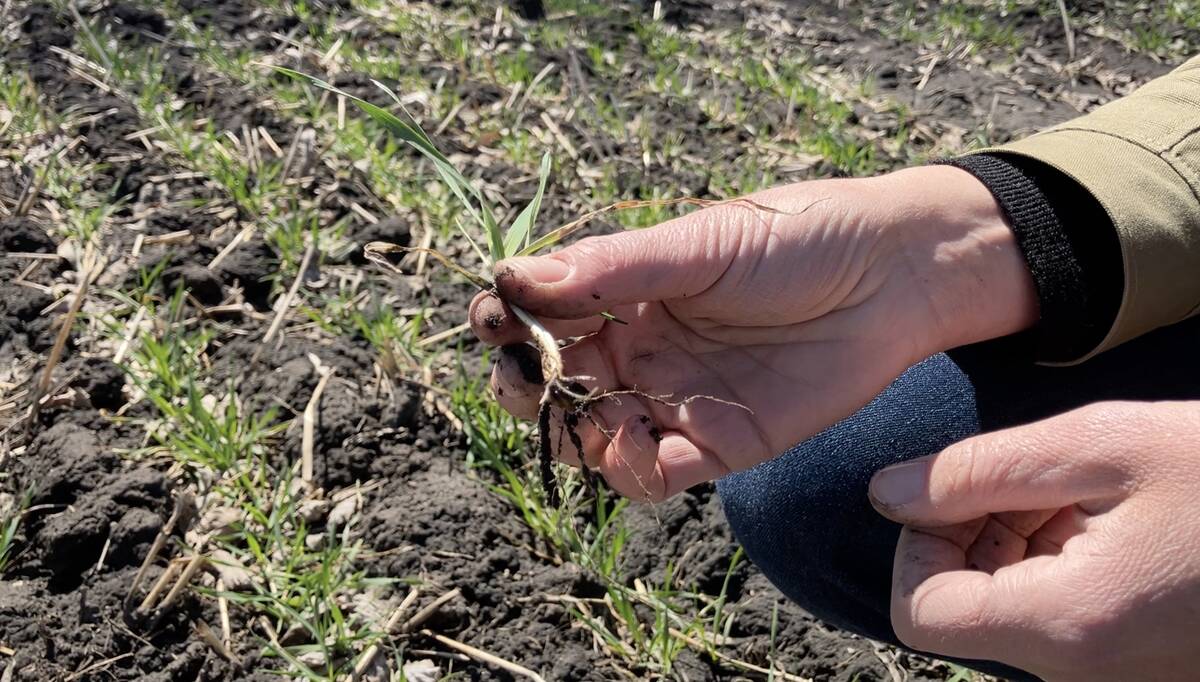
Canadian government got it wrong on public plant breeding
Cuts to Agriculture and AgriFood Canada will undermine Canadian agricultural productivity, says National Farmers’ Union member Dean Harder.
WHY IT MATTERS: Canada has seen been several high profile cases of animal welfare and rights activists coming into barns without farmer permission, making welfare complaints to the Canadian Food Inspection Agency, publically accusing farms of cruelty or pursuing legal action against farms.
The number of animal cruelty investigations has nearly doubled over the past 15 years, based on Society for the Prevention of Animal Cruelty (SPCA) data. Investigations rose from 4,780 in 2008 to 7,881 in 2023, Powers said at a virtual event hosted by the Canadian Agricultural Safety Association (CASA) June 25.
Between 2015 and 2022, she said, calls to provincial animal cruelty call centres nearly tripled, from about 25,000 to 72,000.
Robin Anderson, director of programs and communications at the Canadian Agricultural Safety Association, said the forum was prompted by concerns about the safety of farmers, farm families, workers and even the trespassers.
“We’re very concerned about the safety and health of everybody that might be on the farm,” she said. “This also includes people that might end up on a farm.”
Evidence on camera
Several concerning trends, Powers said, include the use of undercover videos captured by drones, hidden cameras, or activists posing as employees.
In 2021, Elite Farm Services and Safeway were charged with animal cruelty after an activist employed by Mercy for Animals secretly recorded chicken handling operations in British Columbia’s Fraser Valley while working as a chicken catcher.
Despite concerns about the reliability of the footage, which had been self-selected and edited by the employee to only show the most controversial moments, Power said, courts allowed the evidence to be admitted.
A more dramatic case occurred in 2019 when about 200 protesters organized by “Meat the Victims” broke into a hog barn in Abbotsford, B.C. About 50 protesters entered the barn and refused to leave until media were allowed to record conditions inside.
“The incident lasted about six hours,” Power said, adding that two protest leaders were ultimately convicted of mischief and breaking and entering, receiving conditional sentences, including house arrest.
In another 2019 incident, four people were charged after activists broke into an Alberta free-range turkey barn. They demanded media be allowed into the barns (which the farm allowed) and to “liberate” five turkeys.
At the time, a representative from Alberta Farm Animal Care said there were no animal welfare concerns that their organization was aware of, neither they nor the SPCA had been involved with the farm.
“The birds were taken care of according to the fairly strict standards that Alberta Turkey has in place for their producers,” the representative told the Alberta Farmer Express at the time.
“(The protesters) are not in there about animal welfare. They’re in there to get meat off the table.”
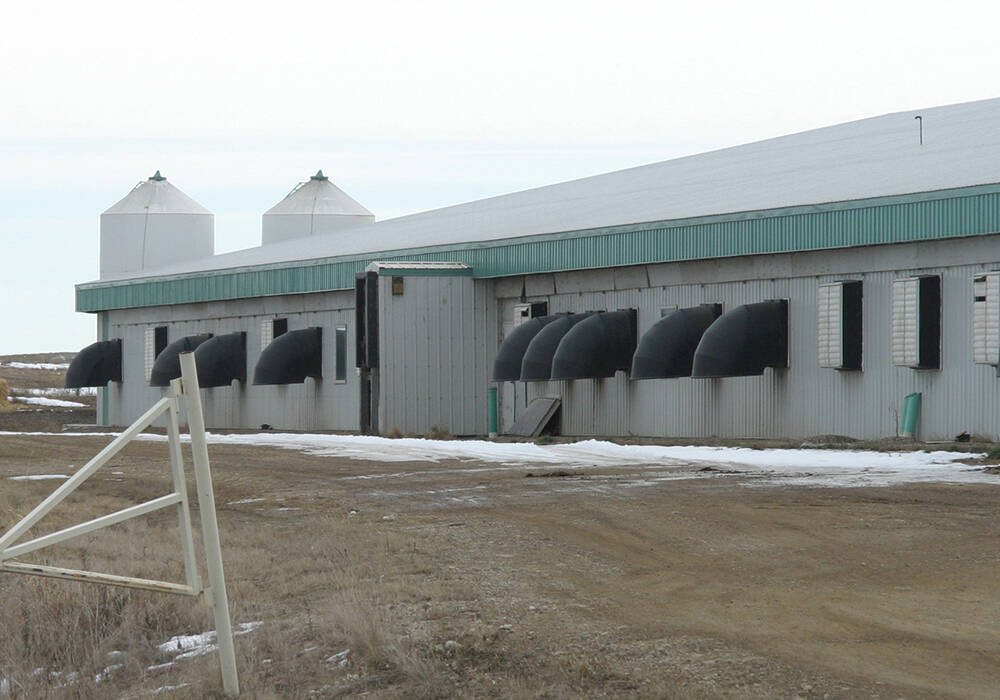
Power also cited a recent case from March 2024, when Animal Justice released footage from a B.C. fish farm.
“Video footage was taken in what the activists referred to as the first undercover investigation of a fish farm in Canada,” she said.
The B.C. SPCA claimed it received hundreds of hours of video footage, and the SPCA and federal Department of Fisheries and Oceans began a joint investigation.
Technology adds another layer of risk. Video evidence may be presented as a gold standard for hard evidence that something happened, but there is now more potential for false video generated by artificial intelligence or altered footage, Power noted.
“AI is continuing to be improved upon and refined, and there’s obviously growing risk that AI-generated or AI-altered images will be used to misrepresent the conditions at agribusiness sites,” Power said.
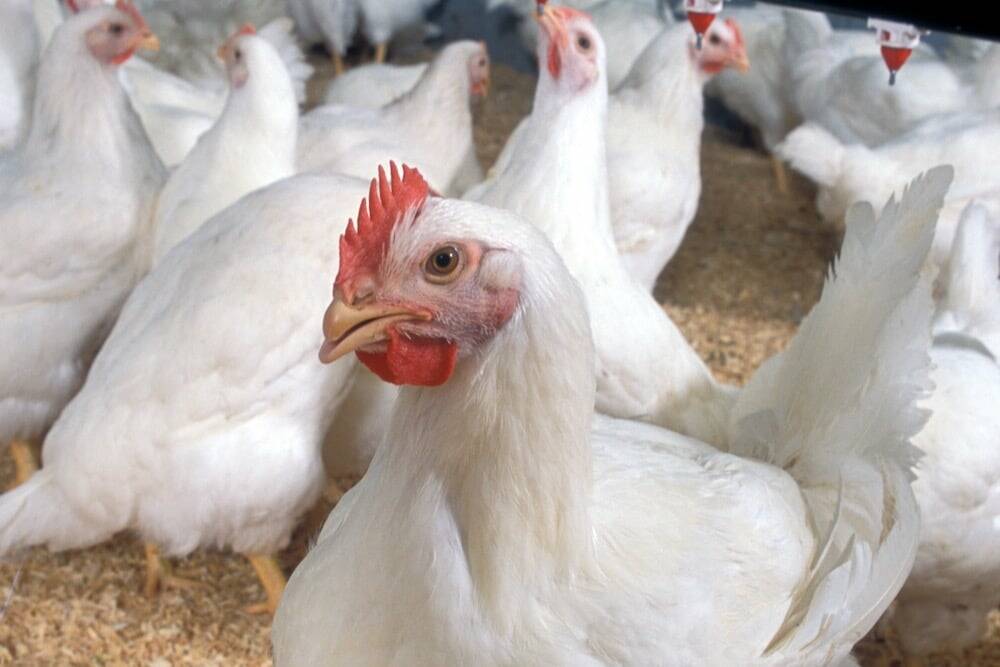
Processors and subcontractors also at risk
The legal risks extend beyond the immediate targets of activism, Power said, adding that processors and other companies can face prosecution for the actions of their subcontractors if proper safeguards aren’t in place.
In the United States, a “right to rescue” movement has emerged, with activists successfully arguing in court that they should be acquitted of theft charges when taking sick animals from farms, Power said. There have been cases in California and Utah where activists were acquitted after taking chickens and piglets they claimed were sick.
“Given the acquittal, what we might see here is that it could actually embolden activists into more of this type of activity,” Power said.
Reputational and financial fallout
Farm risks from activist campaigns include costly regulatory investigations that can drag on for years, negative publicity on social media and boycotts or protests that can impact revenues, the lawyer noted.
“Even if your business is cleared of wrongdoing, it’s a costly process, it’s a time consuming process,” she said, and unless you spend considerable effort spreading the news that you’ve been cleared of charges, “it’s not something that gets published and doesn’t make the media cycle.”


